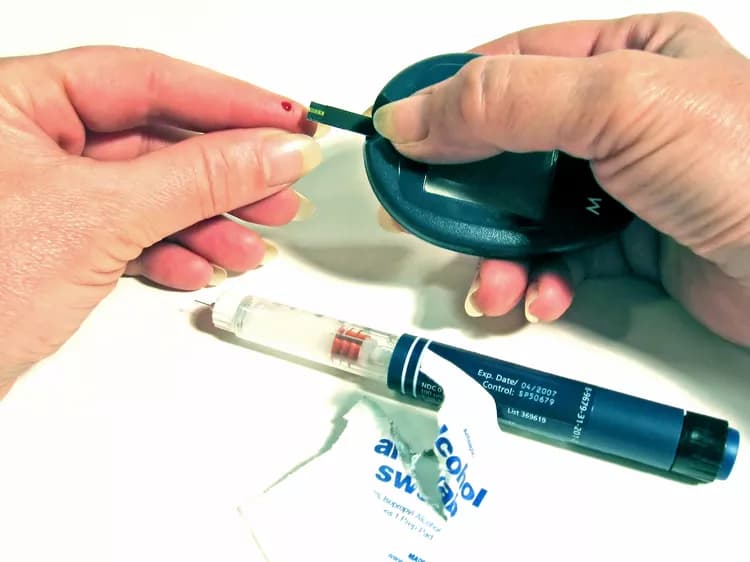
Diabetes Medicine Reduces Parkinson's Risk
A Norwegian study shows that the taking of diabetes medicine reduces the risk of getting Parkinson´s disease.
Researchers at the Department of Clinical Medicine at the University of Bergen (UiB) have discovered that medical treatment against diabetes reduces the risk of getting Parkinson´s disease by 35 per cent.
"We have made an important discovery, which takes us a step further towards solving the Parkinson´s riddle," says researcher Charalampos Tzoulis. He has lead the study together with researcher Kristoffer Haugarvoll at the same department.
One step further
Tzoulis says that the researchers have to do follow-up studies on the diabetes medicine to fully understand why it protects against Parkinson´s disease.
"If we understand the mechanisms behind the protection, then we have a chance to develop a new treatment," Tzoulis says.
Influence the cell´s powerhouse
The researchers believe that the diabetes medicines, containing so-called glitazones, are influencing the cells to produce more mitochondria. Mitochondria are the powerhouse of the cells, transforming nutrients that the cells need to work.
Tzoulis´research group has previously shown that the production of mitochondria decreases during Parkinson´s.
100 million prescriptions
To see the connection between diabetes and Parkinson´s, the researchers analysed and compared data from the Norwegian Prescription Data Base. The database has stored information on all use of prescription the last 10 years and contains data on more than 100 million prescriptions.
Materials provided by University of Bergen. Note: Content may be edited for style and length.
Disclaimer: DoveMed is not responsible for the accuracy of the adapted version of news releases posted to DoveMed by contributing universities and institutions.
References:
Brage Brakedal, Irene Flønes, Simone F. Reiter, Øivind Torkildsen, Christian Dölle, Jörg Assmus, Kristoffer Haugarvoll, Charalampos Tzoulis. (2017). Glitazone use associated with reduced risk of Parkinson's disease. Movement Disorders. DOI: 10.1002/mds.27128
Related Articles
Test Your Knowledge
Asked by users
Related Centers
Related Specialties
Related Physicians
Related Procedures
Related Resources
Join DoveHubs
and connect with fellow professionals

0 Comments
Please log in to post a comment.